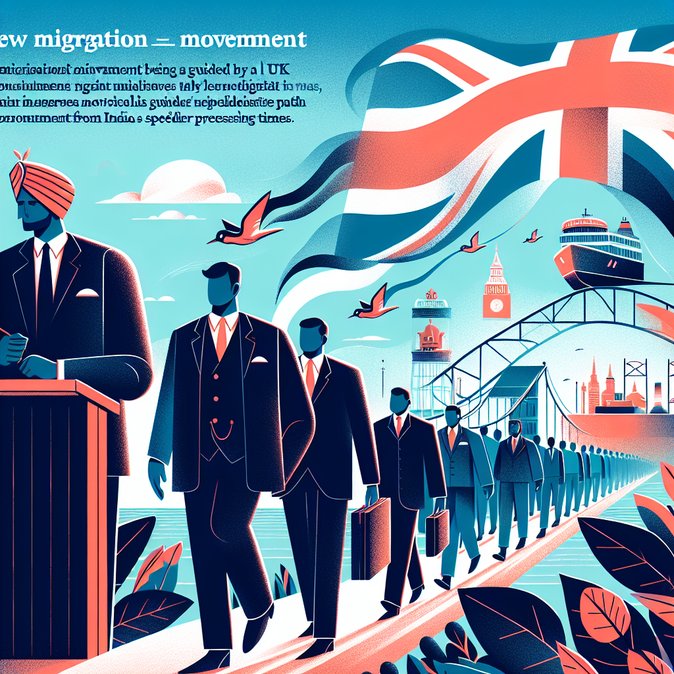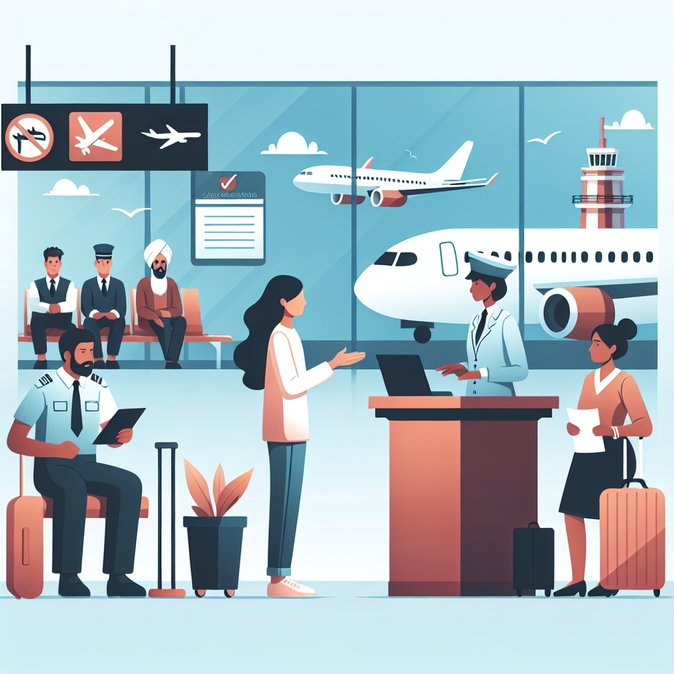
Foreign Office minister Seema Malhotra has unveiled an expanded anti-visa-fraud initiative during a trade mission to Chennai, the government confirmed on 24 November 2025. Building on a pilot in Punjab, the campaign will deploy Tamil-language social-media adverts, school outreach and a WhatsApp chatbot that verifies legitimate UK visa processes and flags rogue agents.
The objective is twofold: protect Indian nationals from exploitation by document-forgers and reduce the number of fraudulent applications and irregular migrants arriving in Britain. Home Office data show that more than 11 per cent of visa refusals for India in 2024 involved suspected deception. Officials believe the information drive could cut that figure by a third within 12 months.
![UK launches second-phase visa-fraud campaign in India’s Tamil Nadu]()
For UK corporates transferring staff from India, clearer messaging may shorten processing times by easing overall application volumes and reducing discretionary interviews. It also dovetails with the mobility chapter of the UK–India Free Trade Agreement signed in July, which commits both sides to tackling illegal migration while facilitating legitimate business travel.
Practical outputs will include joint training for VFS Global visa-application-centre staff, pop-up help-desks in high-risk districts and coordinated enforcement sweeps against forged bank-statement providers. Employers are advised to remind transferees to use official GOV.UK channels and to beware of third-party ‘guaranteed visa’ offers.
The campaign will run for six months and be evaluated against metrics on refusal rates, fraud detections and social-media reach. Success would see it replicated in other source markets such as Nigeria and Bangladesh.
The objective is twofold: protect Indian nationals from exploitation by document-forgers and reduce the number of fraudulent applications and irregular migrants arriving in Britain. Home Office data show that more than 11 per cent of visa refusals for India in 2024 involved suspected deception. Officials believe the information drive could cut that figure by a third within 12 months.

For UK corporates transferring staff from India, clearer messaging may shorten processing times by easing overall application volumes and reducing discretionary interviews. It also dovetails with the mobility chapter of the UK–India Free Trade Agreement signed in July, which commits both sides to tackling illegal migration while facilitating legitimate business travel.
Practical outputs will include joint training for VFS Global visa-application-centre staff, pop-up help-desks in high-risk districts and coordinated enforcement sweeps against forged bank-statement providers. Employers are advised to remind transferees to use official GOV.UK channels and to beware of third-party ‘guaranteed visa’ offers.
The campaign will run for six months and be evaluated against metrics on refusal rates, fraud detections and social-media reach. Success would see it replicated in other source markets such as Nigeria and Bangladesh.


